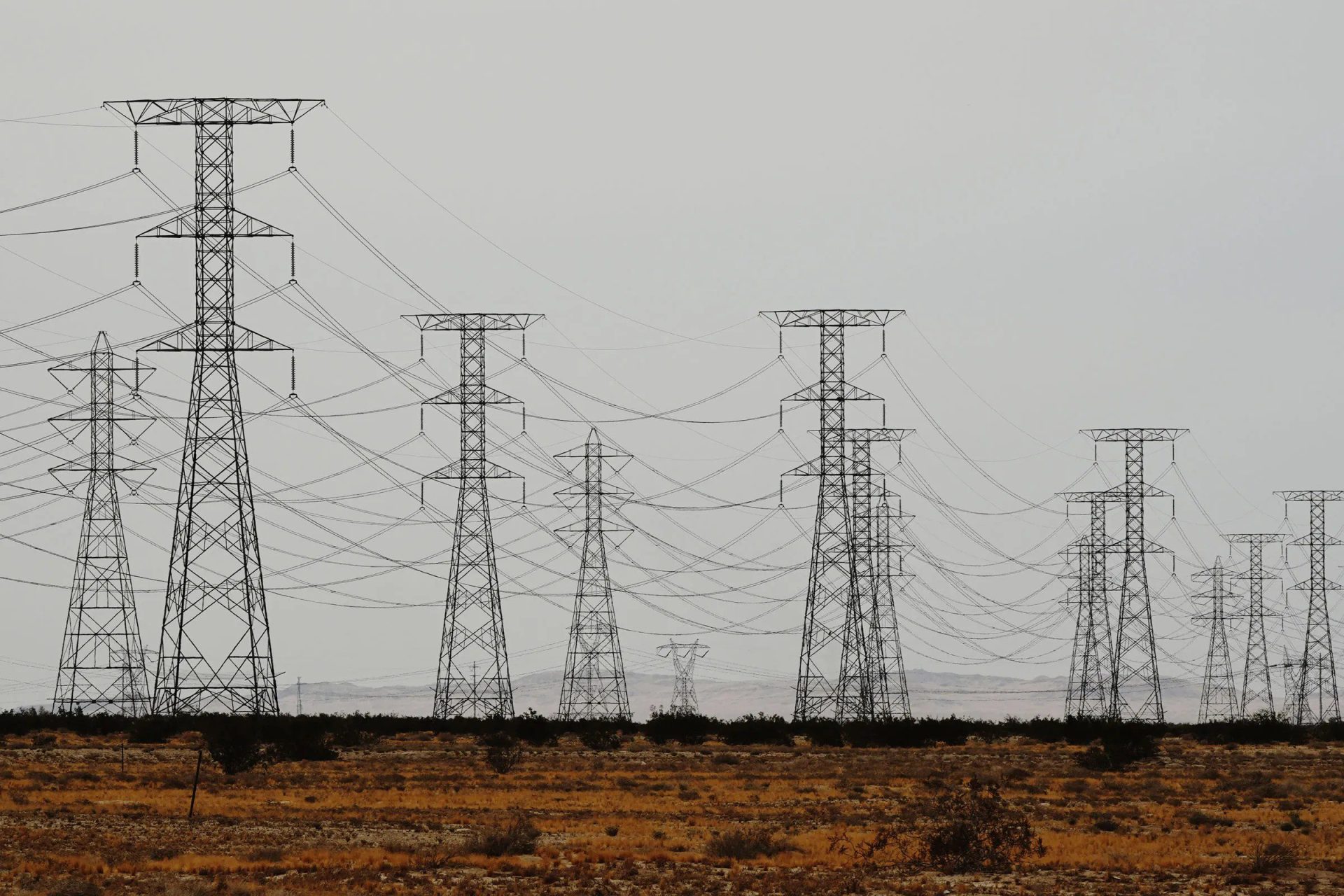Venezuelans are now faced with the reality of a ban on all cryptocurrency mining farms connected to the national grid as the country deals with hyperinflation and economic turmoil. This decision, issued by the Venezuelan National Power Ministry, prioritizes the stability of the power grid over the once-thriving crypto industry.
Rise and Fall of Crypto Mining in Venezuela
Many Venezuelans turned to cryptocurrency mining as a source of hope amidst the country’s plummeting currency, the Bolivar, seeking to generate income and protect against inflation. The extremely low electricity costs in Venezuela further fueled the attractiveness of crypto mining. However, the surge in mining activities strained the nation’s already fragile power grid, leading to more frequent blackouts and disruptions in daily life.

Striking a Balance Between Power Demands and Livelihoods
Governor Rafael Lacava of Carabobo state took a strong stance on cracking down on illegal mining operations. With the seizure of over 11,000 ASICs and the closure of numerous mining farms, the government aimed to stabilize the power grid. Lacava stressed the necessity of a reliable electricity supply for homes, hospitals, and businesses, highlighting the economic repercussions and hardships caused by the blackouts.
The ban poses challenges for many Venezuelans who relied on crypto mining for their income, especially in economically distressed areas. The lack of alternative support programs from the government adds further difficulty to their circumstances.
Uncertain Future of Crypto Mining in Venezuela
The future of cryptocurrency mining in Venezuela remains uncertain, with the permanency of the ban undisclosed by authorities. While the ban may offer short-term stability to the power grid, concerns arise regarding the long-term sustainability of the crypto industry in the country.
Featured image from Getty Images, chart from TradingView




